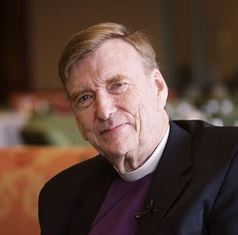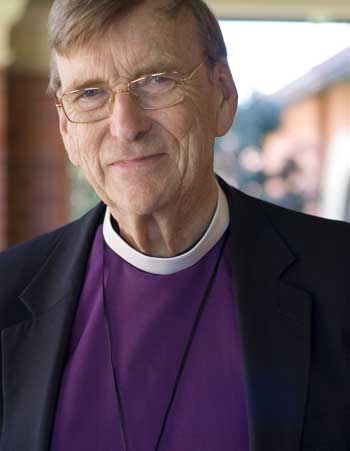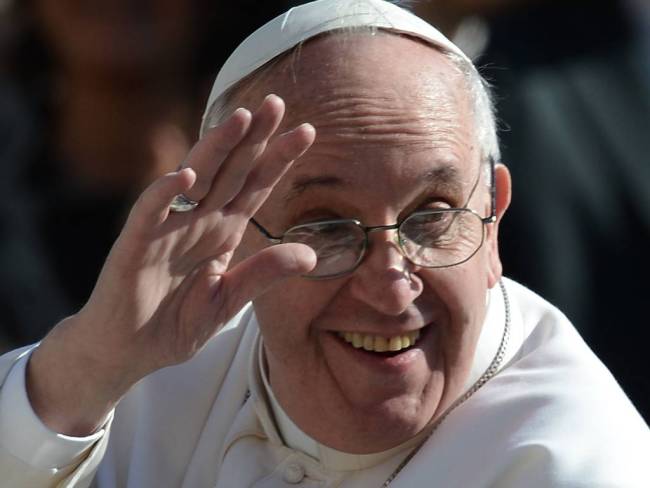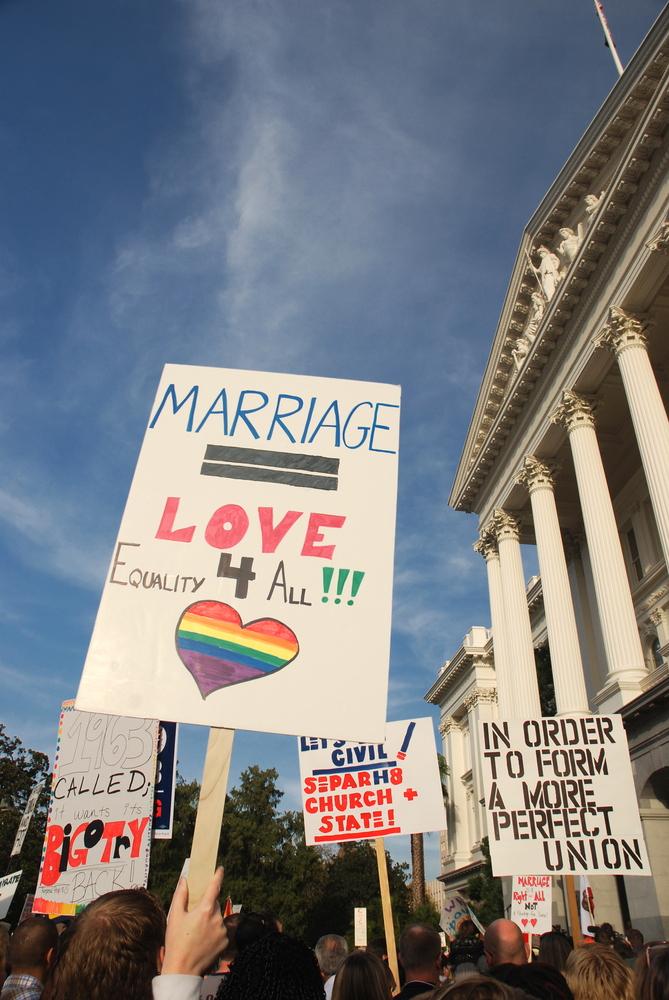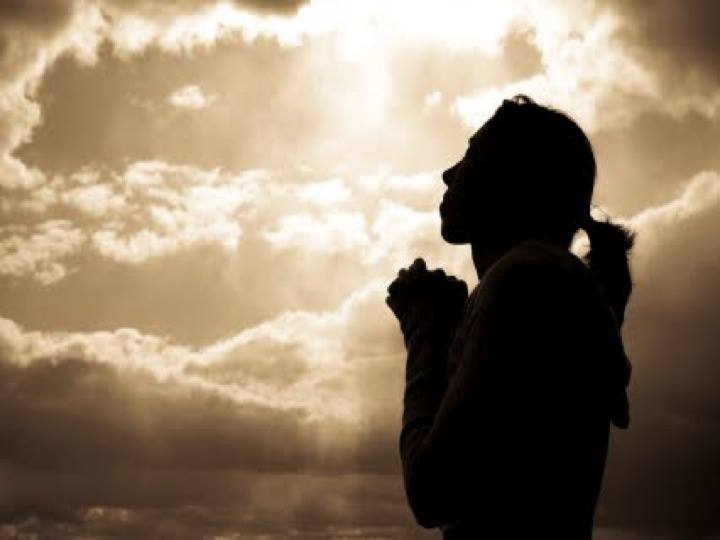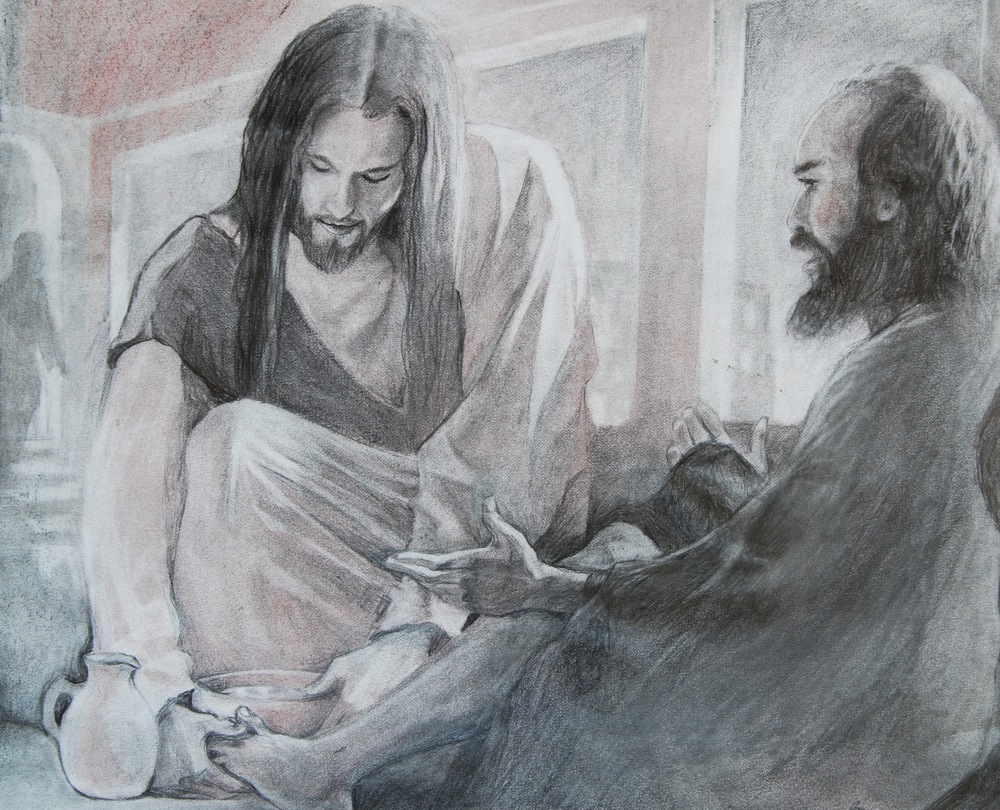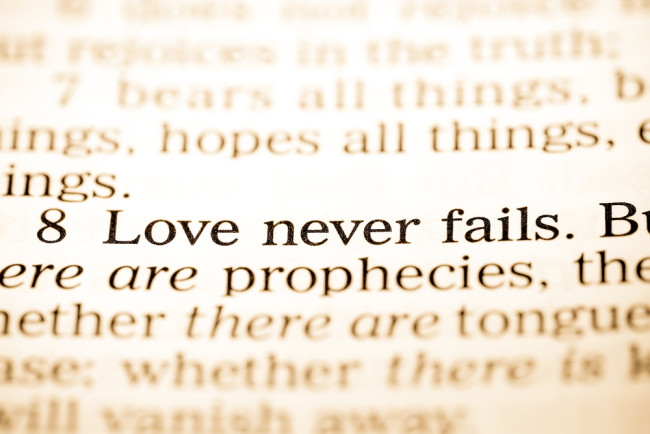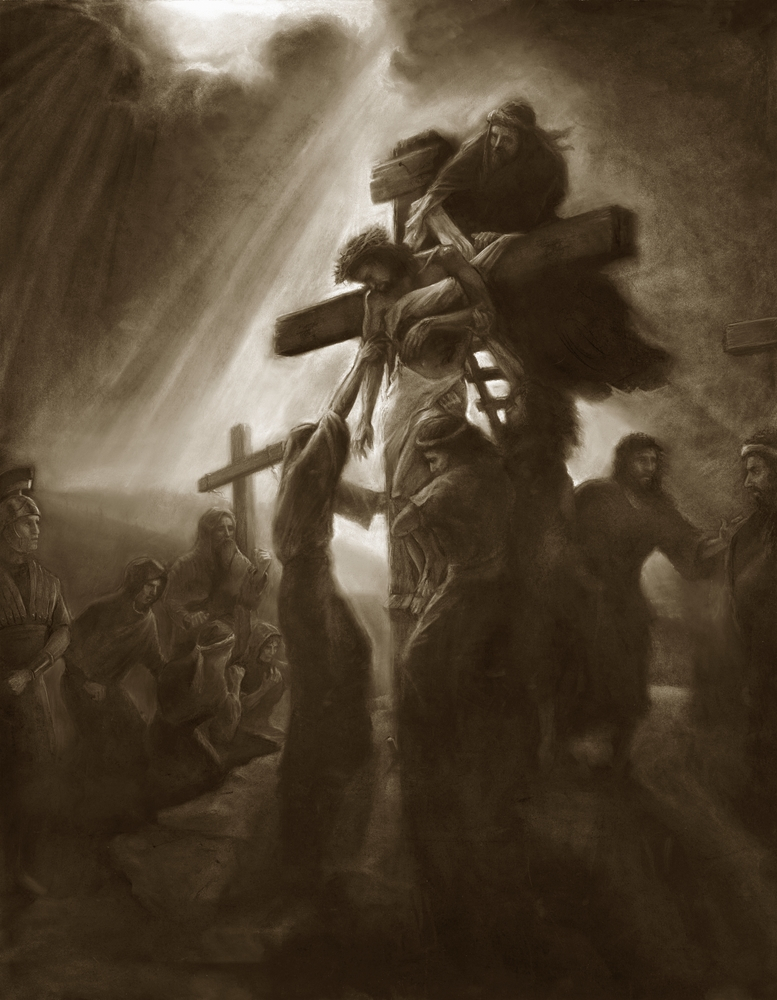Feedspot has published "The 20 Best Progressive Christian Blogs and Websites", curated from thousands of blogs on the web and ranked by traffic, social media followers, domain authority & freshness.
Read some of the tributes that have been written on the occasion of the death of Bishop John Shelby Spong.
In these dark and dreary days each year, our world turns to celebrate another Christmas holiday. Some may do so out of the sheer need to escape, if only for a fleeting while; grasping, once again, at a thin belief in some divine intervention into the human story, with the birth of a savior king. Deeply powerful rituals and traditions are dragged out of the attic and observed; going through the motions for yet another year. Others, however, like myself, may repeat some of the rituals to simply reaffirm one's belief in the rebirth of "hope".
This might sound rather odd coming from somebody who identifies herself as a contemplative Christian, but I just have to say the whole theological premise that Jesus died on the cross to save us from our sins never made sense to me. I know some Christians might say it’s not suppose to make sense. That’s where faith comes in. However, I don’t think faith has to be illogical. There’s a certain divine logic driving everything.
Can a living, vital and real faith that is true to the experience of the past, while dismissing the explanations of the past, be born anew in this generation? I believe it can and so to engage this task I issue this call to the Christian world to transform its holy words of yesterday into believable words of today. If we fail in this task there is little reason to think that Christianity, as presently understood and constituted, will survive this century.
“Cognitive dissonance…" I’ve heard that phrase several times over the years. But, it was only a few months ago that I took the
In this article, I would like to point out 3 crucial problems that arise when one begins with “plain truths” about the book rather than the Christ, the Logos, the “structuring principle of reality.” (John 1:1–5)
A Thanksgiving Reflection in the Midst of a Terrorized World
Like many others, the Thanksgiving holiday is another reason I love the autumn season. The occasion gives us the allocation of a few fleeting moments to pause and express appreciation for whatever we have, but only for the time being. In a world either terrorized or abused by those who have little regard for it, it has become downright dangerous and nearly complicit, to encourage the illusory notion of any sweet by-and-by; expecially for those who can’t seem to wait for it. If there is to be any knockin’ on heaven’s door, the place is always here, and the time is always now. Since none of us can imagine with any certainty whatsoever that unknown reality from whence we have all come, all we can really know is what is. And, considering all those most authentic, very earthy and non-religious parables Jesus used to try to describe a “reign of God” – or, if you prefer, “kingdom of heaven” – they all seemed to be very much of this earth, and the stuff of daily life. I do not believe in any afterlife of my own. And I’m done with any notion of a heaven that is anywhere else than on the face of this earth; with whatever we make of it, and for the time being. The poet, Robert Browning, once wrote, “Ah, but a man’s reach should exceed his grasp, or what’s a heaven for?” The painfully obvious fact that we have so utterly failed to grasp such a paradise, does not yet mean we should hold back our reach of it.
I used to be religious. I immaturely believed my beliefs were what led to my salvation. If organized in just the right ways, I would somehow “know” God. In Christianese, I would “be saved.” Of course, this begs the question: “saved from what?” If it is salvation from a monster god—one that abhors us as if we were some loathsome insect—I’m not sure what a damn bit of good my “correct beliefs” were going to do for me.
Morality is more than abortion and gay marriage. Code-words such as “biblical morality” have been diluted in recent generations of American Christians to the point that almost everyone knows their new cultural meaning: such terms have become synonymous with being anti-gay marriage and anti-abortion, and little else. And that’s a shame– because morality is so much more than one’s position on gay marriage or abortion.
“LAUDATO SI’, mi’ Signore” – “Praise be to you, my Lord”. In the words of this beautiful canticle, Saint Francis of Assisi reminds us that our common home is like a sister with whom we share our life and a beautiful mother who opens her arms to embrace us. “Praise be to you, my Lord, through our Sister, Mother Earth, who sustains and governs us, and who produces various fruit with colored flowers and herbs”.
This past year, at my congregation on Cape Cod, we began to celebrate the seasons of the year as part of our affirmation
For many Christians, a supernatural theistic God is a daily reality in their lives, but for many others, this kind of God is simply not there. They long to feel God’s presence and God’s love, but instead they experience emptiness and isolation. They worship God in church, but find that God is not present in the sanctuary. They pray fervently to God in private moments, but realize that their prayers often go unanswered. In the end, there is only silence.2 The biblical character of Job cried out to God in despair, “I cry to you God, but you do not answer. I stand before you, and you don’t even bother to look.”3
When prayers in Jesus’s name go unanswered, and when unrelenting “knocking on heaven’s door” produces no result – even when bargains are offered (“I’ll stop smoking”) – instead of confronting the possibility that God is not going to intervene, the failure is treated as a “test of faith” that “God has a better plan for me.” But the transformation of human thought is far more powerful than petitions to a discredited god. At Pentecost, the Holy Spirit, first given by John’s Jesus, descends in tongues of flames on the Christian community gathered in Jerusalem. They are empowered to tell the story of Jesus in every language of the known world. Peter quotes the prophet Joel, that everyone who calls on the name of the Lord shall be saved. Paul proclaims, “For in the one Spirit we were all baptized into one body – Jews or Greeks, slaves or free – and we were all made to drink of one Spirit.” The imagery of fire represents the outpouring of the presence of sacred being and of creative power. No magic is required.
With each generation, the popularity of religious conservatism has declined. Forty-seven percent of the Silent Generation (ages 66 to 88) are religious conservatives, compared with 34 percent of Baby Boomers, 23 percent of Gen Xers and 17 percent of Millennials.
The questions before us in this e-bulletin are two: How important are beliefs in an evolving faith? and, Does community need to agree on belief? More generally, the issues pertain to the tie that binds community and the experience that underlies that tie.
I’ve been reading another smart and literate atheist arguing the absurdity of belief in God. Someone asked me once if I was threatened by the recent self-assertiveness of atheists and, surprisingly, I could offer a confident “no.” The fact is that I am heartened by the resurgence of atheism because I agree with almost all of it. The kind of shallow, or at least, immature systems of belief that atheism attacks, should be debunked and I feel like I play my own part in debunking them from the pulpit most Sunday mornings. But the arguments of the atheists never get to the real point or even address the heart of real faith.
Commentary on the Revised Common Lectionary for an Emerging Christianity (Volume 2)
I grew up long before computers showed us how they could handle millions of requests all at once. So in college I began to have serious questions whenever our preacher asked everyone to bow their heads and say a silent prayer to God. And our preachers back in the 50’s and 60’s did that a lot. How could God hear all those prayers being offered up at the same time? There were several hundred at our church and many more throughout Tupelo who were in church from 11 until noon on Sunday, plus in our state and country and around the world. Lots of prayers were being offered up all at once, so how did God sort them all out.
It's interesting to see what Jesus thought about beliefs. Jesus, in his parable of the Good Samaritan, makes it clear that the righteous one is not the Pharisee or the lawyer, who are learned and who know about the law, correct belief, or so on. The righteous one is the one who cares for his neighbor, who reaches out to the stranger in need.
For love is long-suffering and abounds in kindness. It is not arrogant or boastful. Love does not behave rudely. Neither self-serving nor quick to take offence, love never thinks the worst.
Dogma and doctrine should not get in the way of practicing Love, who is God. Doctrines can be interesting: they help us understand the origins and background of our religion. But repeating creeds is not the price of admission into Christianity. Instead of caring whether the story of Jesus’ resurrection was a fact or a myth, let’s look in the story for inspiration to turn from the way of death to the way of life. Let’s care about our neighbors without jobs or health insurance, face the resentment in our hearts that needs to be released, become activist citizens, and learn to bring our careers in alignment with our highest values. Let’s gather in churches, soup kitchens, work-places, living rooms, and cafés to support each other in doing things that matter, and let go of old doctrines that don’t.
During the fourth century, Christianity digressed from the concept of one God into the vague and mysterious doctrine of the Trinity. The Catholic Church reportedly devised the Trinitarian doctrine to answer the charge of worshipping three gods – God the Father, God the Son, and God the Holy Ghost. Trinitarianism became a part of the Roman Catholic doctrine as a result of the first ecumenical council of Nicaea in 325 CE.
We need to acknowledge that the final week in Jesus’ life is a blending of separate biblical accounts. In other words, the story grows and develops as each successive gospel writer imaginatively retold the story. There may be some historical memory in their stories, but the details are not historical.
The church sign can be easily read by anyone driving by: “You can’t be a devoted follower of Jesus unless you are part of a local church.” Does the church that posts this sign not trust the people with Jesus’s message? What is the meaning of “incarnation” if not “embodiment” by individual persons of the spirit of the Christ? Is the “Body of Christ” for members only? The Apostle Paul created the metaphor of the “Body of Christ” as the community of followers. In 1 Corinthians 10:16-17, he explains the meaning of the ritually-shared meal: “The cup of God’s gracious benefits that we consecrate means that we are involved in the blood of the Anointed, doesn’t it? The bread that we break means that we are involved in the body of the Anointed, doesn’t it? That there is one loaf means that we who are many constitute one body, because we all partake of the one loaf.” In Romans 12:5 he says, “Just as each of us has one body with many parts that do not all have the same function, so although there are many of us, we are the Anointed’s body, interrelated with one another.”
So what do I mean by a sacred community or spiritual community, or as Peck would call it a true community? I refer here to an intentional community with an identifiable common purpose. Maybe that purpose is simple to grow spiritually as individuals. It is a community where one can transcend oneself and experience a sense of the interconnectedness of life. It is a community in which each member seeks to see and relate to the divine or the sacred in the other.
Judas Iscariot, the anti-hero of the story of the crucifixion, has been heaped with scorn and ridicule over the centuries. “Judas” is not used as a child’s name because it became the synonym for betrayal, for being a back-stabber. In Christian art, he is portrayed in dark, sinister tones. Events in western Christian history from the Inquisition in the fourteenth century to the expulsion of the Jews from almost every country of Europe at one time or another, to Martin Luther’s call for the burning of synagogues, to the violence and killing frenzy of the Holocaust in the twentieth century are all rooted substantially in Judas and because he was a Jew, applied to all Jews. Even his name is identical with the name by which the entire Jewish nation was known… Judas is simply a Greek spelling of Judah.
Contrary to the custom of the period, Jesus accepted women among his followers. Although none of the women are ever identified as “disciples,” certain gospels passages indicate that some of them may have been equal to the disciples, particularly Mary Magdalene. Mark writes that women followed Jesus in Galilee and ministered to him (Mark 15:40-41). Like Mark, Matthew 17:55 refers to women who “followed Jesus from Galilee, ministering to him.” Luke 8:1-3 mentions that Jesus and the disciples were accompanied by women and he specifically mentions Mary Magdalene, Joanna, the wife of Herod’s steward Chuza, Susanna, and many others, “who provided for them out of their own resources” (meaning that they must have had considerable wealth). Jesus’ death and the events accompanying it mention the presence of women and some of those women witnessed the crucifixion, Jesus’ burial and the discovery of the empty tomb. Pope Benedict XVI considered it an obvious fact that “many women were also chosen to number among the disciples.”
Repentance
At times like this, I wish more people who identify themselves as Christians or followers of Jesus knew more about the roots of their own tradition, Judaism. The Mother religion of our tradition has a very different kind of New Year called Rosh Hashanah. Jesus, or Yeshua, was a Galilean Jew. As should be expected, his teachings are heavily influenced by his own tradition and its teachers. For Jews, Rosh Hashanah is preceded with a long period of time for introspection. It’s time for looking back at the mistakes of the past year and thinking about those whom they may have harmed. This intentional self-inspection ends with the holiest of holidays, Yom Kippur, ten days later. The time in between is referred to as the Days of Awe or Days of Repentance.
Patheos
Here’s how many progressive Christians approach, discern, and interpret the Bible...
written by Brian Brown
Progressive Christianity is for me somewhat like taking that leap of faith to what writer Hal Taussig calls “A new spiritual home” For some of us, at least, it feels like that. It involves jumping a credibility gap that has opened up for the Christian Church; a credibility gap that goes back a long way. It’s there in the Bible readings: the difference between the behaviour of the Israelites in the Promised Land and the behaviour that was required of them according to the teaching of God and the ways in which they had been nurtured and led. It’s also there in the teachings of Jesus.


